Anti-Inflammatory Diet and MS: Can Food Really Make a Difference?
Can an anti-inflammatory diet help with MS?
If you’ve been living with multiple sclerosis (MS) for a while, you’ve probably heard about inflammation—that pesky immune system response that can worsen symptoms and trigger flare-ups. But did you know that what you eat could play a role in reducing inflammation and helping you feel better?
While an anti-inflammatory diet won’t cure MS, it can support your body, help manage symptoms, and possibly reduce the frequency of exacerbations. So, let’s talk about what foods can help, what foods to avoid, and how to incorporate anti-inflammatory choices into your daily routine.
What Is Inflammation, and Why Does It Matter in MS?
Inflammation is your body’s natural defense mechanism—it kicks in when there’s an injury, infection, or some type of irritant. But in autoimmune diseases like MS, the immune system mistakenly attacks your healthy tissue. This in turn leads to chronic inflammation in your brain and spinal cord.
This inflammation can cause nerve damage, leading to symptoms like fatigue, muscle weakness, pain, and cognitive issues. That’s why neurologists often prescribe steroids or other medications to help reduce inflammation when you experience flare-ups.
But what if you could support your body naturally by eating foods that fight inflammation? This might reduce the number of flare-ups with the need for steroids. That’s where an anti-inflammatory diet comes in.
Anti-Inflammatory Foods: What Should You Eat?
You don’t have to completely overhaul your diet overnight, but adding more anti-inflammatory foods can make a huge difference. Here are some powerful inflammation-fighting foods to include in your meals from now on:
1. Berries (Blueberries, Strawberries, Raspberries)
Packed with antioxidants, berries help reduce oxidative stress and fight inflammation. Try adding them to smoothies, oatmeal, or yogurt for a delicious boost.
2. Fatty Fish (Salmon, Mackerel, Sardines, Tuna)
Rich in omega-3 fatty acids, these fish help reduce inflammation and support brain health. Grill, bake, or add them to salads for an easy meal.
3. Leafy Greens (Spinach, Kale, Collards, Broccoli)
These greens contain vitamins, minerals, and fiber that help combat inflammation. Toss them into salads, stir-fries, or smoothies for a nutrient-packed meal.
4. Fermented Foods (Kimchi, Sauerkraut, Yogurt, Kefir)
Gut health plays a role in immune function, and fermented foods provide probiotics that support a healthy gut microbiome.
5. Garlic and Onions
Both have anti-inflammatory and immune-boosting properties. Use them in soups, stir-fries, or roasted dishes to add flavor and health benefits.
6. Nuts and Seeds (Almonds, Walnuts, Chia Seeds, Flaxseeds)
These are rich in healthy fats and antioxidants. Sprinkle them on salads, oatmeal, or eat them as snacks.
7. Turmeric and Ginger
These spices have powerful anti-inflammatory effects. Add turmeric to soups, curries, or tea, and use ginger in smoothies or stir-fries.
8. Olive Oil
A staple of the Mediterranean diet, olive oil contains healthy fats that help reduce inflammation. Use it for cooking or salad dressings.
Foods to Avoid: What Causes Inflammation?
If you’re adding anti-inflammatory foods, it makes sense to cut back on foods that trigger inflammation. Here are some of the biggest culprits:
- Refined Sugar – Found in sodas, candy, and processed foods, sugar can increase inflammation and worsen your symptoms.
- High Fructose Corn Syrup – Often hidden in packaged foods, this sweetener can disrupt metabolism as well as increase inflammation.
- Vegetable Oils (Soy, Corn, Peanut Oil) – These oils contain omega-6 fatty acids, which can promote inflammation when consumed in large amounts.
- Processed Foods – Fast food, packaged snacks, and frozen meals often contain preservatives and additives that contribute to inflammation including excess oils.
- Saturated and Trans Fats – Found in fried foods and processed meats, these fats can increase inflammation and negatively impact heart health.
- Dairy – Some people with MS find that dairy products trigger inflammation or worsen their symptoms.
How to Incorporate Anti-Inflammatory Foods into Your Diet
Making small, manageable changes can help you transition to an anti-inflammatory diet without feeling overwhelmed. Here are some easy ways to start:
1. Start Your Day with an Anti-Inflammatory Breakfast
- Oatmeal topped with berries and walnuts
- Smoothie with spinach, banana, ginger, and chia seeds
- Scrambled eggs with turmeric and sautéed greens
2. Swap Out Processed Snacks
- Instead of chips, try almonds or roasted chickpeas.
- Replace sugary snacks with dark chocolate or fresh fruit.
3. Cook with Anti-Inflammatory Ingredients
- Use olive oil instead of vegetable oil.
- Add garlic, turmeric, and ginger to meals.
- Choose wild-caught fish over processed meats.
4. Hydrate with Anti-Inflammatory Drinks
- Try green tea or turmeric tea instead of sugary drinks.
- Make homemade smoothies with anti-inflammatory ingredients.
Final Thoughts:
Can an Anti-Inflammatory Diet Help MS?
While an anti-inflammatory diet won’t cure MS, it can support your body, help manage your symptoms and possibly reduce future flare-ups.
The key is to make gradual changes, listen to your body, and find a diet that works for you. Try it for at least 30 days and then see how you feel. You can always make adjustments as needed.
At the end of the day, food is fuel—and choosing nutrient-rich, anti-inflammatory options can help you feel stronger, healthier, and more in control of your MS journey.
Check out the video below to find out more about anti-inflammatory spices.
Here is an article about anti-inflammatory foods for MS. (Link will open in a new window).
Dear Friends,
"Life in Spite of MS is a participant in the Amazon Services LLC Associates Program, an affiliate advertising program designed to provide a means for sites to earn advertising fees by advertising and linking to Amazon.com. We're also part of the Ebay Partner Network, another affiliate program."
We'd also like you to know it doesn't cost one cent more when you click through the links here on our blog. Not one single penny. And we will make a little extra cash when you do click through. We'll be ever so appreciative. You also have our word that we'll only link to things that we would use ourselves, (or wish we could have or use).
Sincerely,
Cir & Akrista
You are reading original content written by Akrista or Cir L'Bert of Life in Spite of MS. If you enjoyed reading this blog, please consider following us on Facebook, Twitter, Pinterest, and Instagram. See you there!
Privacy Policy ~ Advertising Policy ~ Disclaimer ~ Contact Us ~ About Us

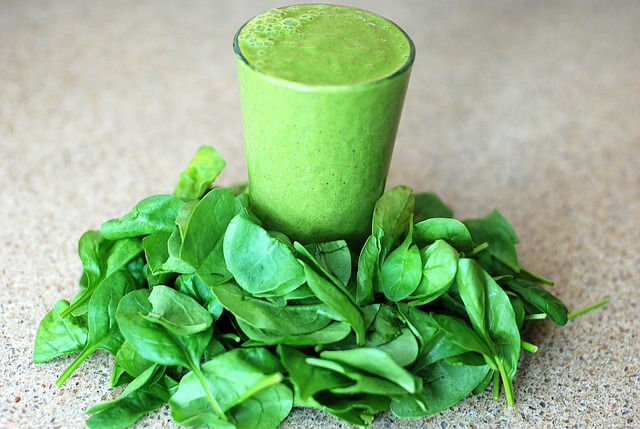
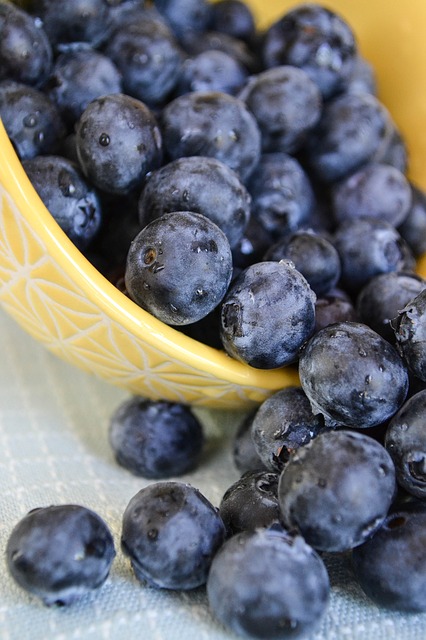
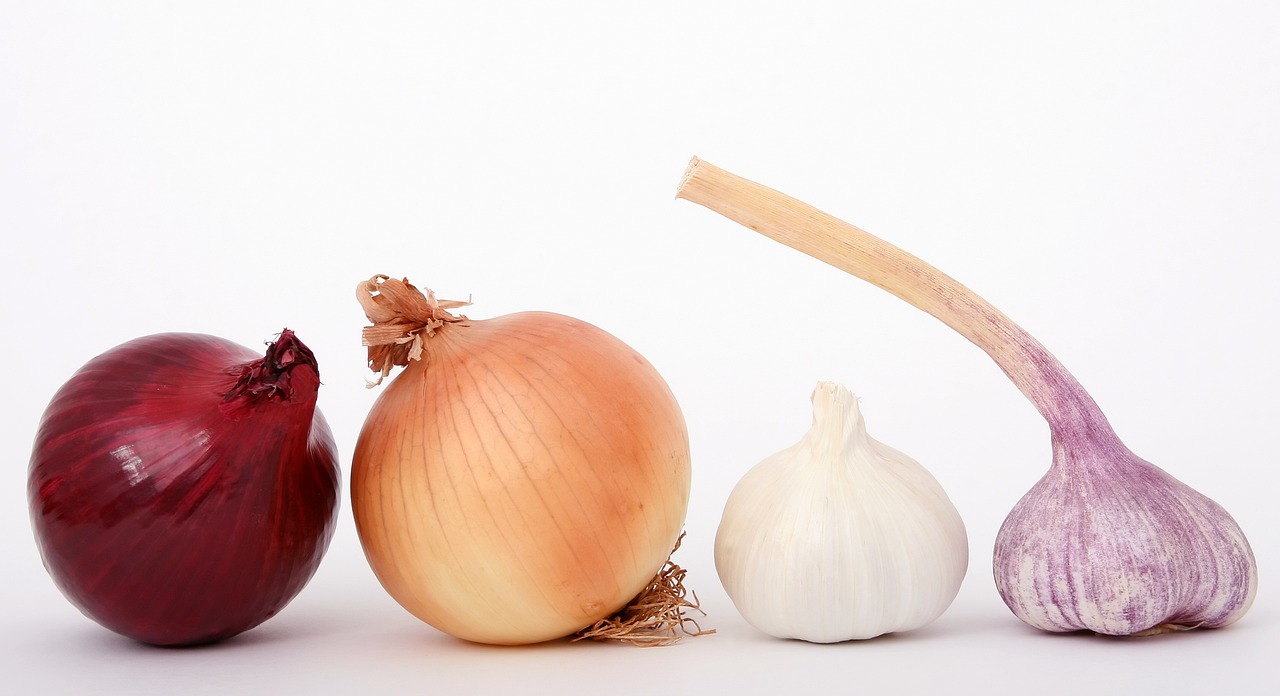
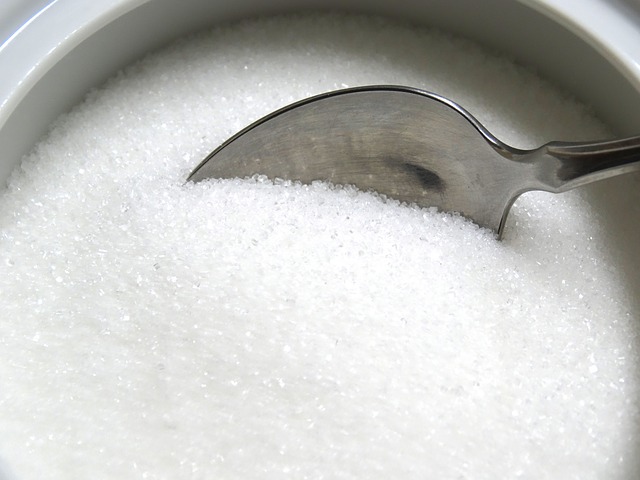
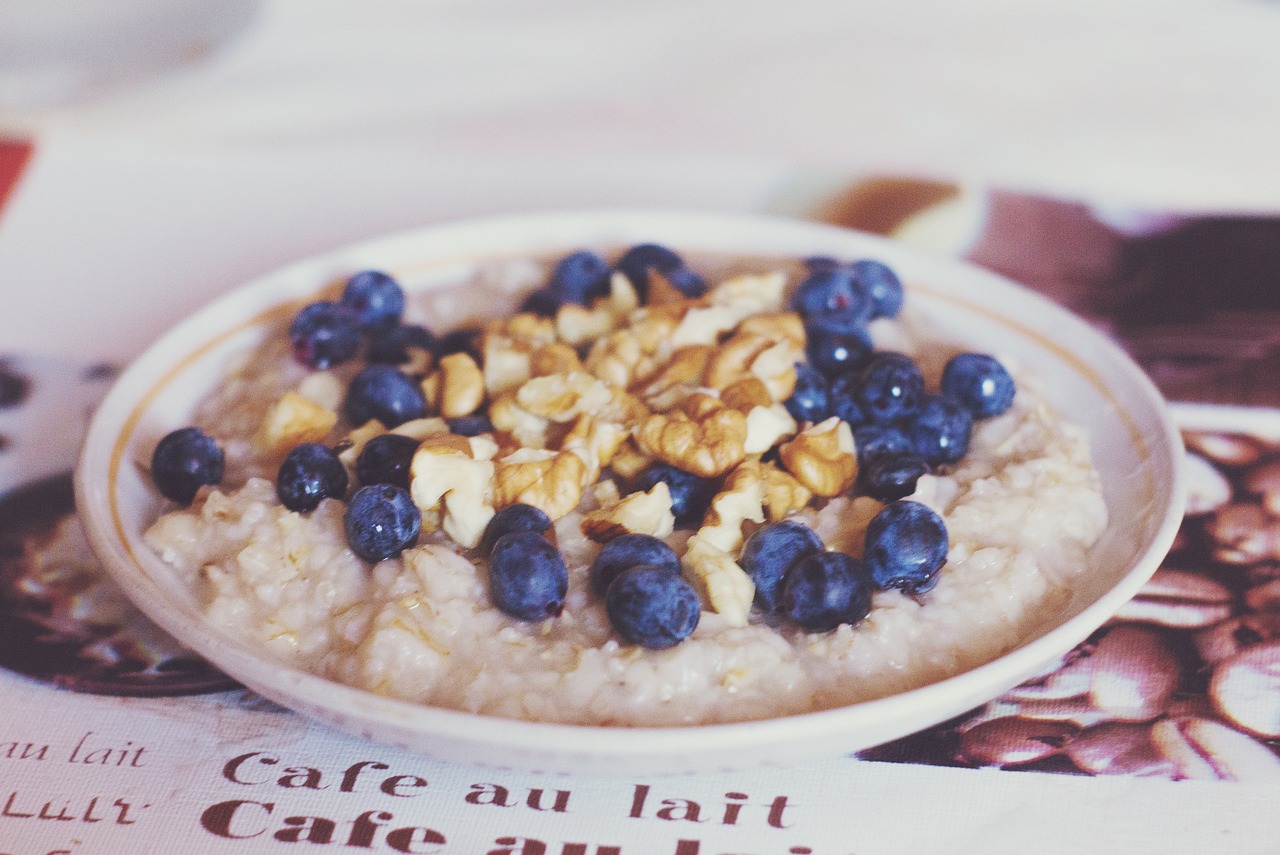
New! Comments
Have your say about what you just read! Leave me a comment in the box below.